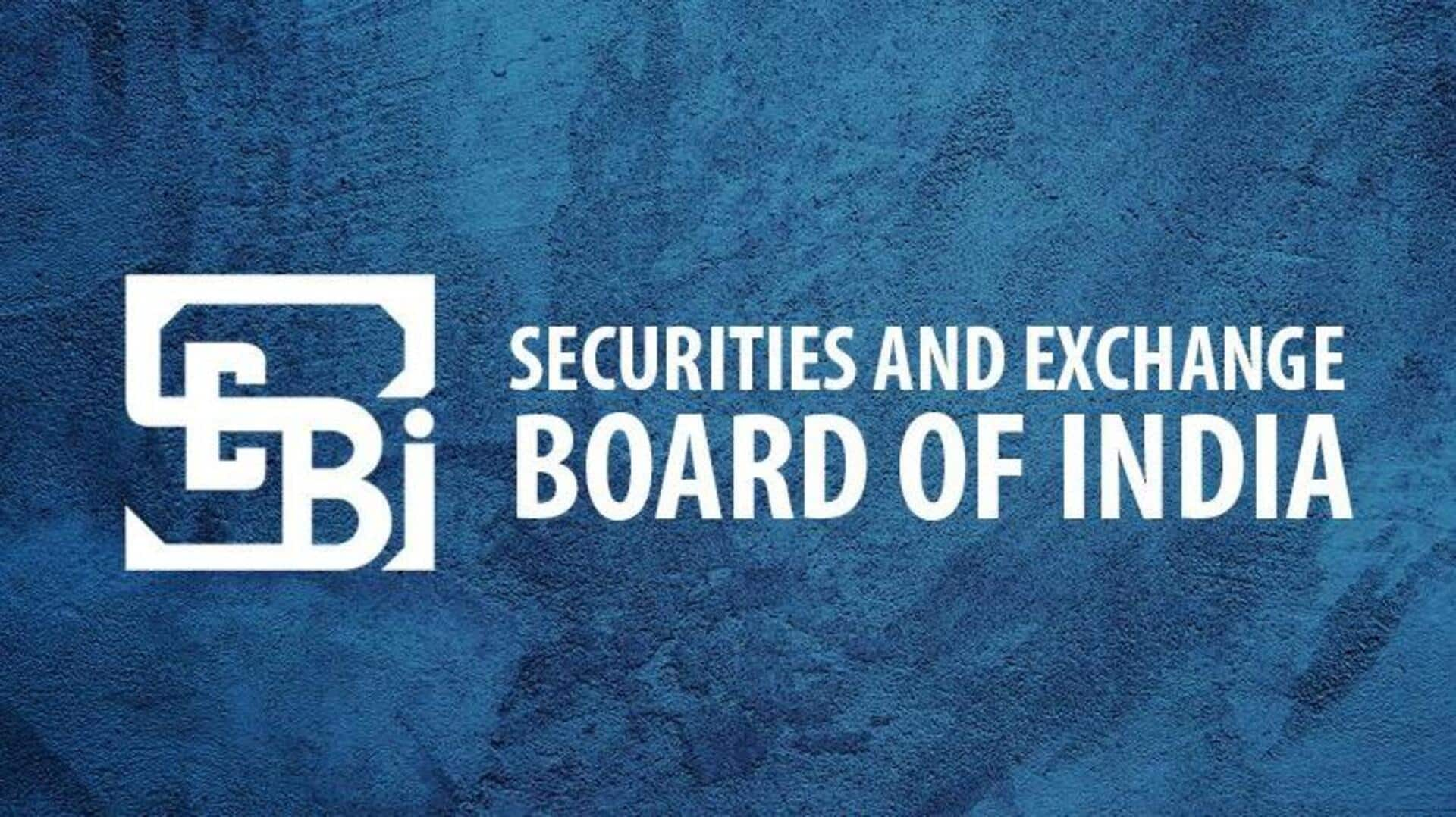
How SEBI's new regulation protects investors and their families
What's the story
The Securities and Exchange Board of India (SEBI) has launched a centralized system to verify and report an investor's death. Under this new rule, when regulated entities like stockbrokers, mutual fund houses, and portfolio managers learn about an investor's passing, they must gather necessary documents, confirm the death certificate, and inform one of the KYC Registration Agencies (KRAs). The KRAs then independently verify the details and notify other intermediaries, who must contact nominees and inform them about the claim process.
Details
Provisions for unobtainable death certificates
SEBI's new rule also covers situations where obtaining a death certificate isn't possible. This compassionate approach by SEBI addresses the indifference shown towards grieving families by certain market intermediaries and seeks to alleviate their distress. The regulation is particularly important in India, where many people don't discuss their investments with their loved ones, leaving families in the dark about the deceased's investments.
What Next?
Benefits for investors and portfolio management services
The new rule not only helps investors but also Portfolio Management Services (PMS-es), which operate using the Power of Attorney granted by clients. This power ends when the client dies, putting managers at risk of prosecution if they continue transactions on behalf of a deceased client. The new regulation ensures that PMS-es are informed of a client's death by other stakeholders if the family doesn't notify them.
Insights
Suggestions for further improvement
Investment advisors think there's room for improvement in SEBI's new rule. Suggestions include allowing for successive nominations, expanding the centralized system to the entire financial market (including banks, insurance companies, and EPFO), and extending the mechanism to nominees as well. These changes would further streamline the process and offer more support to grieving families.
Facts
Clarity needed on death certificate submission
There's some confusion regarding submitting death certificates as the primary document when the certificate is issued by a hospital administration overseas. It's currently unclear whether a notarized photocopy or original death certificate would be accepted, and whether certification by an Indian notary or an overseas notary is required. This clarity is crucial to ensure a smooth process for families dealing with the loss of a loved one.